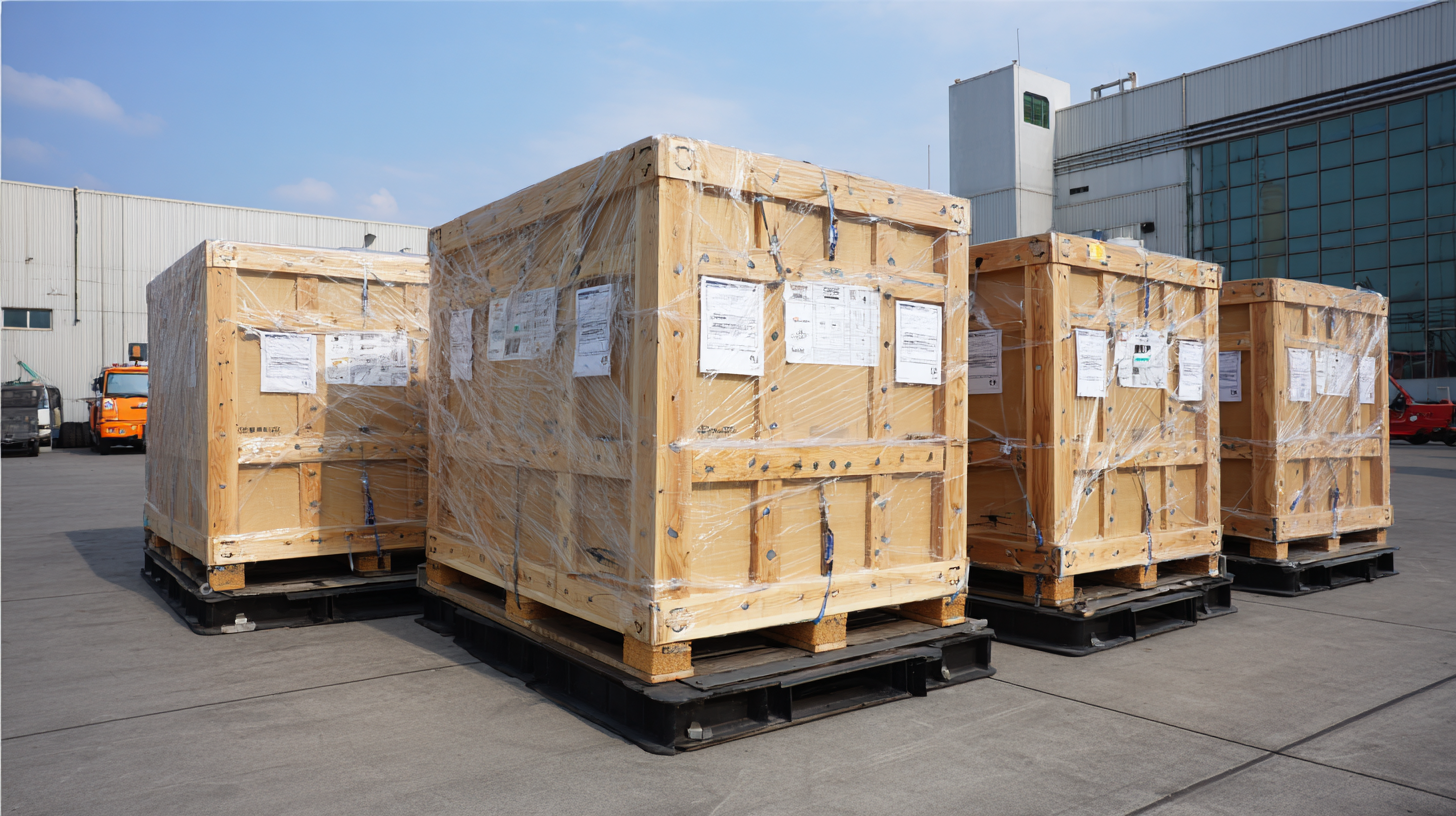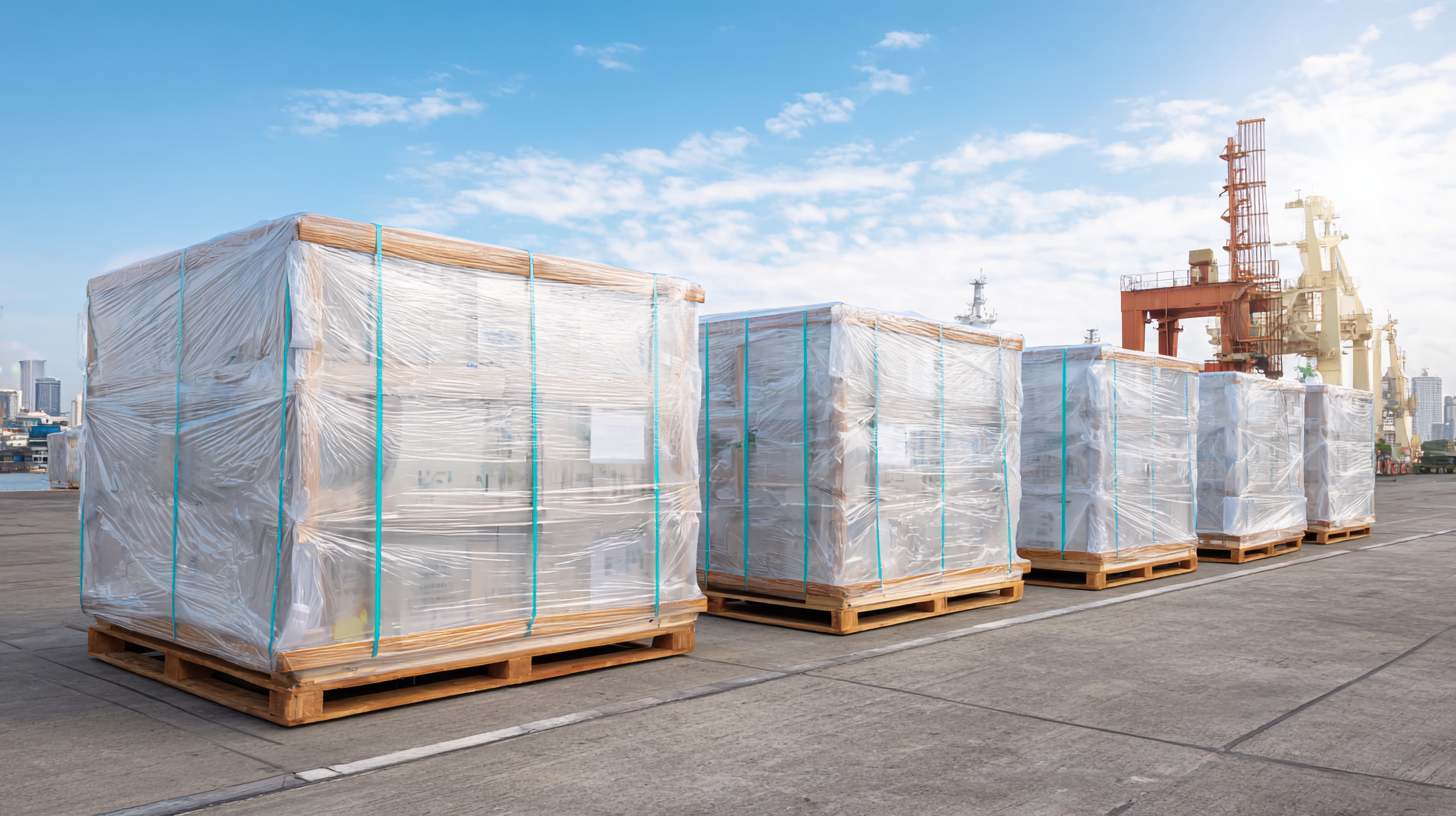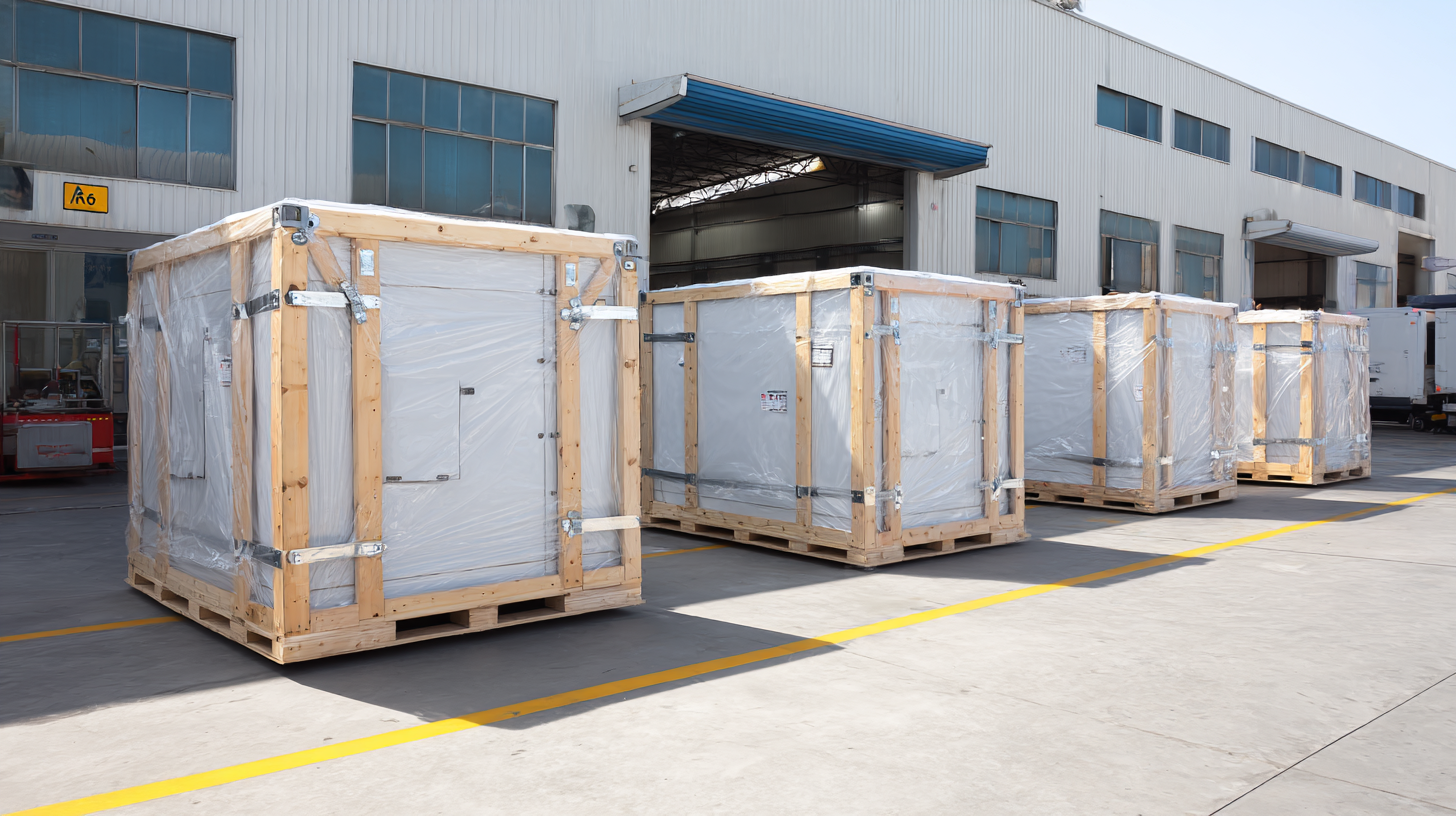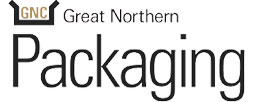Exceptional Insulated Shipping Kits from Leading Chinese Manufacturers for Global Buyers
 In an era where global commerce thrives, ensuring the safe and efficient transport of temperature-sensitive goods is paramount. Exceptional Insulated Shipping Kits have emerged as a crucial solution for businesses looking to maintain product integrity throughout the supply chain.
According to a report by Grand View Research, the global insulated shipping solutions market is projected to reach
USD 1.62 billion by 2025, with a significant increase in demand driven by the growing pharmaceutical and food sectors.
Leading Chinese manufacturers are at the forefront of this innovation, providing tailored insulated shipping kits that address diverse shipping challenges. By adopting top strategies for optimized insulated shipping, these manufacturers are not only enhancing product safety but also contributing to sustainable practices in logistics.
As global buyers seek reliable partners, understanding the benefits of premium insulated shipping kits becomes essential to achieving operational efficiency and customer satisfaction.
In an era where global commerce thrives, ensuring the safe and efficient transport of temperature-sensitive goods is paramount. Exceptional Insulated Shipping Kits have emerged as a crucial solution for businesses looking to maintain product integrity throughout the supply chain.
According to a report by Grand View Research, the global insulated shipping solutions market is projected to reach
USD 1.62 billion by 2025, with a significant increase in demand driven by the growing pharmaceutical and food sectors.
Leading Chinese manufacturers are at the forefront of this innovation, providing tailored insulated shipping kits that address diverse shipping challenges. By adopting top strategies for optimized insulated shipping, these manufacturers are not only enhancing product safety but also contributing to sustainable practices in logistics.
As global buyers seek reliable partners, understanding the benefits of premium insulated shipping kits becomes essential to achieving operational efficiency and customer satisfaction.
Future Technologies in Insulated Shipping Kits: What's Next in 2025
As we move towards 2025, the evolution of insulated shipping kits is set to redefine logistics for global buyers. The increasing demand for sustainability and efficiency in shipping reflects a significant shift in consumer preferences and technological advancements. A recent report indicates that the insulated packaging market is projected to grow at a CAGR of 8.5% between 2023 and 2025, driven by innovations that enhance temperature control and reduce waste. Manufacturers are now focusing on developing materials that not only maintain the integrity of temperature-sensitive products but also prioritize eco-friendliness.
Emerging technologies in insulated shipping kits will likely incorporate smart sensors that monitor and report temperature changes in real-time. This could be particularly crucial for industries dealing with perishable goods, pharmaceuticals, and high-value electronics. Additionally, the integration of novel designs, such as the concept inspired by a cardboard kirigami technique, can facilitate plastic-free shipping, aligning with global sustainability goals. By adopting these innovative approaches, companies can offer better protection for their products while gaining a competitive edge in an increasingly eco-conscious market.

Top Chinese Manufacturers Leading the Insulated Shipping Kit Market
As the demand for temperature-sensitive products continues to rise, the insulated shipping kit market has seen significant growth, with leading Chinese manufacturers at the forefront. According to a recent industry report, the global insulated shipping container market is projected to reach $2.89 billion by 2026, growing at a CAGR of 8.5% from 2021 to 2026. Chinese manufacturers are leveraging advanced insulation technologies and materials to cater to both local and international markets, ensuring products remain compliant with stringent shipping regulations.
Several top manufacturers, such as Haofeng and Jiahua, are utilizing innovative designs that enhance thermal performance while reducing overall shipping costs. These features not only ensure the integrity of temperature-sensitive goods but also significantly minimize waste and environmental impact. Buyers looking to source insulated shipping kits should consider manufacturers that offer customizable solutions tailored to specific shipping needs.
**Tips:** When selecting an insulated shipping kit, prioritize manufacturers with a solid track record of compliance with international shipping standards. Additionally, evaluate the material quality and thermal performance ratings, as these factors greatly influence the effectiveness of your shipping solution. Always seek manufacturers that provide data and case studies showcasing their product's performance in real-world applications.

How to Choose the Right Insulated Shipping Kit for Your Needs
When selecting an insulated shipping kit, it's crucial to identify your specific needs. Consider the type of products you’re shipping, as different items may require varying levels of temperature control. For instance, perishable goods such as pharmaceuticals or fresh produce will necessitate a more robust insulation capability than those used for electronics. Understanding the nature of your cargo will guide you in determining the appropriate insulation materials and thickness required for optimal protection during transit.
Another vital factor is the duration of shipping and the environmental conditions the package might encounter. Evaluate whether your shipments will be exposed to extreme temperatures or extended periods without temperature regulation. In such cases, opt for kits that combine various insulation technologies, such as gel packs or phase change materials, to maintain the desired temperature for longer periods. Additionally, it’s wise to consult with leading Chinese manufacturers who offer a variety of insulated shipping solutions tailored to diverse transportation challenges, ensuring that you find the right kit for your unique requirements.
Innovative Materials in Insulated Shipping Solutions: A 2025 Perspective
As global trade continues to expand, the demand for effective insulated shipping solutions has surged. According to industry reports, the global temperature-controlled packaging market is projected to reach over $30 billion by 2025, driven by the increasing need for the preservation of perishable goods. Innovative materials play a pivotal role in this evolution, with manufacturers exploring thermal insulation technologies that significantly enhance the efficiency of shipping processes. For instance, advanced composites like aerogel and phase change materials (PCMs) are now being adopted for their superior thermal performance and lightweight characteristics.
Leading Chinese manufacturers are at the forefront of this innovation, introducing insulated shipping kits that utilize environmentally friendly materials. Recent findings indicate that these solutions not only reduce the carbon footprint but also comply with international sustainability standards, a vital consideration for today's conscientious buyers. Furthermore, a recent analysis highlighted that kits incorporating vacuum insulation panels (VIPs) can improve temperature retention by up to 50%, making them ideal for transporting sensitive pharmaceuticals and food products. This commitment to advancing insulation technology marks a significant step towards meeting the growing global demands and enhancing overall supply chain efficiency.
Exceptional Insulated Shipping Kits from Leading Chinese Manufacturers for Global Buyers
| Kit Type | Material Used | Temperature Retention (Hours) | Weight Capacity (kg) | Environmental Impact | Cost (USD) |
|---|---|---|---|---|---|
| Insulated Box | Polyethylene Foam | 24 | 30 | Recyclable | 50 |
| Thermal Shipping Pallet | Polypropylene | 48 | 500 | Reusable | 200 |
| Insulated Bag | PVC Laminated Fabric | 12 | 25 | Biodegradable options available | 30 |
| Vacuum Insulated Container | Aluminum & Advanced Insulation | 36 | 15 | Energy efficient | 150 |
Understanding Global Standards for Insulated Shipping Kits and Compliance
Insulated shipping kits are increasingly crucial for global commerce, especially in light of rising industry standards and regulations. Compliance with dangerous goods regulations is not just a legal requirement but a critical aspect of ensuring safety in transport. The mishandling of products like lithium-ion batteries can lead to catastrophic consequences, highlighting the need for shippers to fully understand and adhere to these guidelines. As global supply chains expand, the safe transportation of sensitive items, including pharmaceuticals and perishable goods, becomes paramount.
Moreover, the insulated shipping boxes market is projected to witness substantial growth in the coming years, driven by an increasing demand for safe and reliable shipping solutions. This growth reflects a broader trend in thermal shipping, which plays a vital role in maintaining product integrity across various sectors. Buyers must engage with reputable manufacturers who prioritize compliance and quality to meet international standards effectively, thus ensuring that their products reach destinations safely and efficiently.






